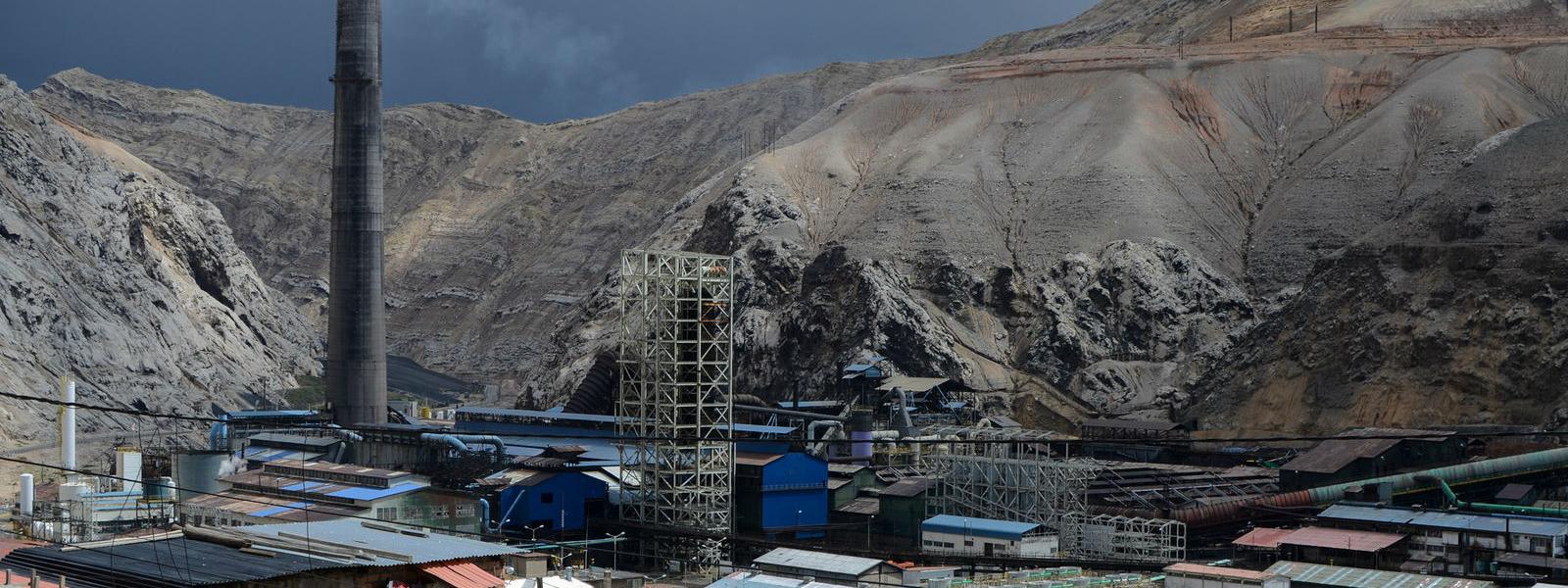
Lowering Peru’s air quality standards is regressive and harmful to public health
The government of Peru has proposed increasing the legal amount of sulfur dioxide in the air by more than 12 times and doubling the allowed level of particulate matter, substances known to cause serious health harms. The proposal ignores both scientific evidence and the government’s obligation to uphold conditions that are suitable for human life and health.
Lima, Peru. Peru’s Environment Ministry has proposed new National Environmental Quality Standards for air, which would impact the health of Peruvians everywhere. The proposed standard increases by more than 12 times the limit for airborne concentrations of sulfur dioxide (SO2) and doubles the allowable amount of fine particulate matter.
The increased limits ignore scientific evidence that finds these substances can cause lung problems and other illnesses, particularly among the most vulnerable populations such as people with asthma, children, and the elderly.
“There is overwhelming scientific evidence to conclude that sulfur dioxide pollution poses a serious health risk, particularly when the contamination reaches high levels over short periods of time, something the proposal does not take into account,” said Anna Cederstav, co-director of the Interamerican Association for Environmental Defense (AIDA).
AIDA prepared comments on the proposal that were presented to the government of Peru together with APRODEH. These pointed out that, contrary to the government’s assertion, reducing sulfur dioxide levels in the air would lead to longer life expectancy. This is because, among other reasons, sulfur dioxide also promotes the formation of PM2.5, small particulate matter that lodges in human lungs and causes acute respiratory problems such as bronchitis and pneumonia, as well as premature death. The government proposes to simultaneously double the legal limit for these extremely harmful particles.
The organizations also highlighted flaws in the public consultation process. The government published the draft standard on Saturday, April 8, just before the Easter week holiday, giving only 10 working days for public comment on this critical public health issue. They also failed to make public the entire scientific and technical basis for the proposal. In so doing, the government has violated the rights to information and public participation.
The comments also emphasize that the government’s proposal violates the American Convention on Human Rights and other international treaties to which Peru is a party, by failing to guarantee the human rights to life and health.
While the proposed changes would impact Peru’s entire population, the residents of cities with high levels of pollution, such as La Oroya, would suffer the most severe impacts.
La Oroya is an emblematic case because the metallurgical complex operating there—which has for decades been a macro-emitter of pollutants—is in the process of being sold.
The government has publically acknowledged that the weakening of the air quality standards is an attempt to promote the sale of the complex. But it ignores the effects those relaxed standards would have on the people of La Oroya, who have seen significant improvements to both their air quality and their health in recent years.
People affected by the pollution in La Oroya have sued the State before the Inter-American Commission on Human Rights in an attempt to protect their rights. For ten years, they have been granted precautionary measures due to the risk the pollution poses to their health and life; those measures were recently extended to additional people because the level of risk has continued.
“Relaxing air quality standards to facilitate the sale of the complex and increase investment in Peru would be a setback for the protection of health and the environment, which could result in the State being held responsible before the Inter-American Court on Human Rights,” said Christian Huaylinos of APRODEH. “In addition, such actions would violate free trade agreements signed by Peru with the United States and the European Union.”
Consult the comments sent to the Environment Ministry of Peru and more information on the case of La Oroya.
Press contacts:
Rodrigo da Costa Sales, AIDA, [email protected], +51 994767961
Christian Huaylinos, APRODEH, [email protected], +51 959 789 232
